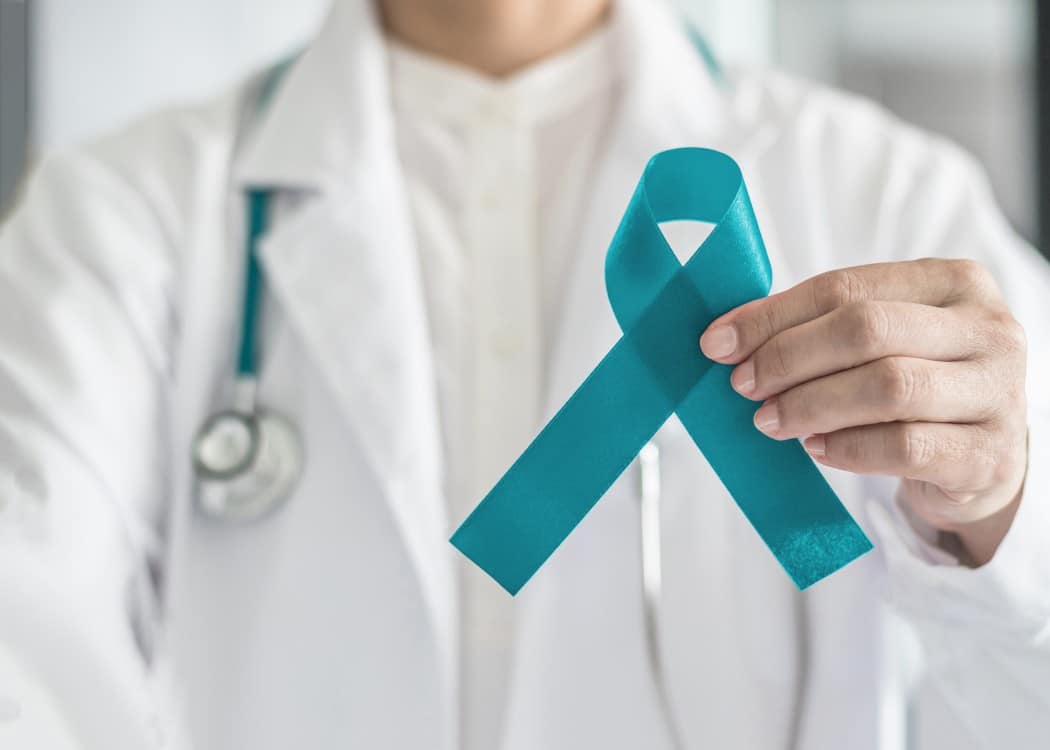Polycystic Ovary Syndrome (PCOS) is a prevalent medical condition caused by an imbalance in reproductive hormones. This hormonal disruption affects the ovaries, which play a critical role in the monthly release of eggs during a woman’s menstrual cycle. In cases of PCOS, the ovaries may fail to produce or release eggs as expected during normal ovulation.
This condition affects an estimated 5 – 10% of women aged 15 to 44, encompassing the years when women can conceive. While most women with PCOS are diagnosed in their twenties or thirties when they encounter difficulties with reproduction, PCOS can manifest at any age after the onset of puberty. Importantly, women of all racial and ethnic backgrounds are susceptible to developing Polycystic Ovary Syndrome (PCOS).
Women with PCOS often experience irregular menstrual cycles, such as infrequent periods (less than eight per year) or, in severe cases, a complete absence of menstruation. PCOS can also lead to unwanted hair growth, known as hirsutism, which can affect areas like the cheeks, chin, and other body parts. Additionally, PCOS may trigger acne outbreaks on the cheeks, chest, upper back, and scalp, as well as weight gain or difficulties in losing weight. Skin tags, characterized by small excess skin folds in the chest or neck area, are another common symptom of PCOS.
The precise cause of PCOS remains elusive, but it is believed to involve multiple factors, including genetic predisposition. Many women with PCOS exhibit elevated androgen levels, sometimes called “male hormones,” even though all women produce small amounts of these hormones. Elevated insulin levels can also contribute to PCOS by causing insulin resistance, where the body’s cells do not respond adequately to insulin, leading to increased insulin in the bloodstream. This condition is more prevalent in women who are overweight or obese, have poor dietary habits, lack physical activity, or have a family history of type 2 diabetes.
Diagnosing PCOS is not straightforward and typically involves a comprehensive evaluation. Medical professionals assess a patient’s medical history, conduct physical examinations, and perform various tests. These tests may include measuring blood pressure, calculating BMI (Body Mass Index), and evaluating waist size. Skin examination is crucial to detect signs of excessive facial or body hair, acne, or skin discoloration. Doctors may also look for signs of hair loss and check for other health conditions, such as enlarged thyroid glands. A pelvic examination is often conducted to identify any additional male hormones and to examine the ovaries for enlarged or swollen cysts. In some cases, a pelvic ultrasound may be performed to provide a closer look at the ovaries, and patients may have their cholesterol levels and diabetes status assessed as well.
For more information on Polycystic Ovary Syndrome, we encourage you to consult with your healthcare provider or visit our Women’s Health Services page to schedule your gynecologic consultation today. Let’s raise awareness about PCOS and support those affected by this challenging condition.

